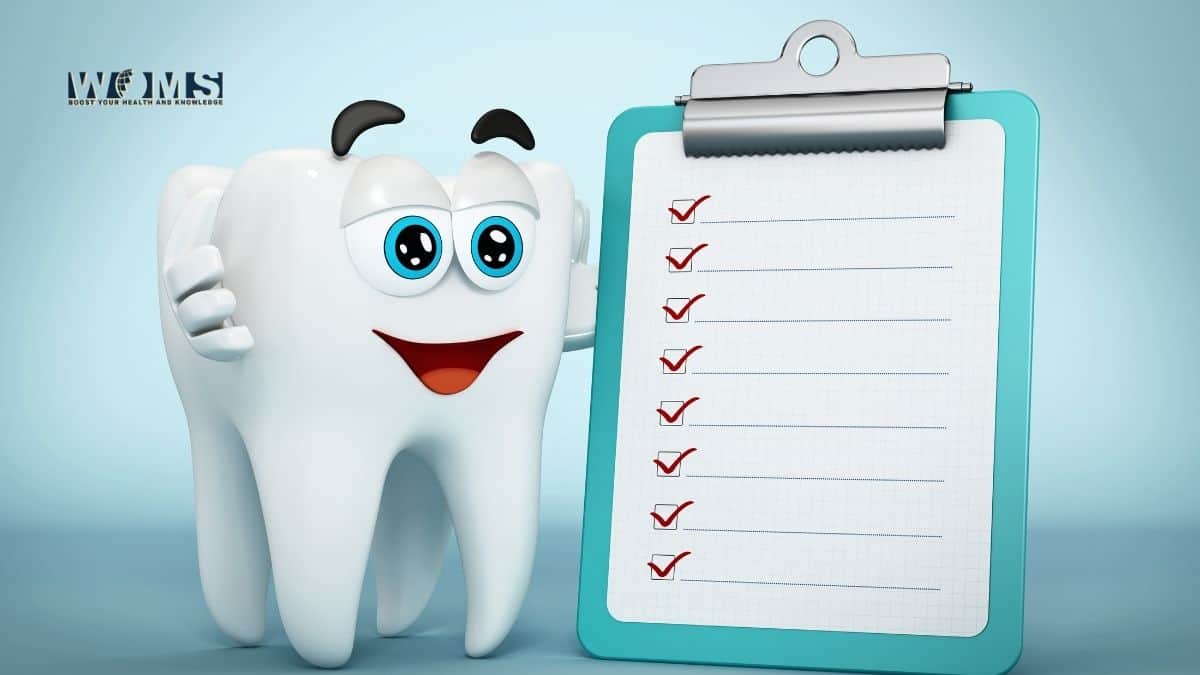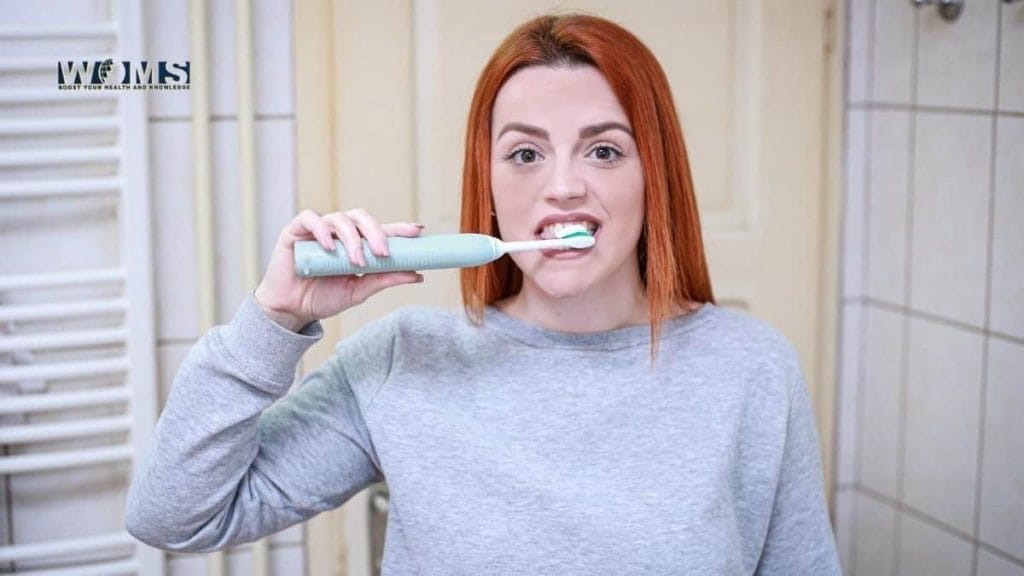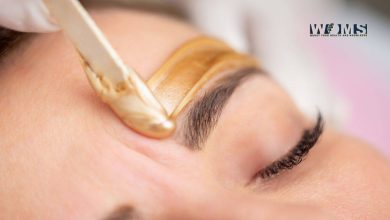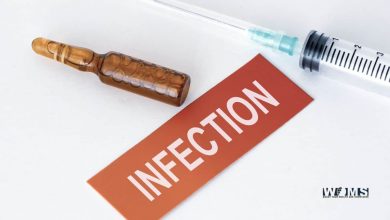Tips For Maintaining Healthy Teeth

A good smile is the best way to show off your healthy teeth and gums. It’s one of the most important things you can do for yourself because good oral health impacts your general wellbeing. Daily preventive care, including brushing and flossing, will stop problems before they take hold and is much less expensive, painful, and worrisome than treating problems that have been allowed to develop.
Here are four things you can do to help achieve a healthy, beautiful smile:
Brush Your Teeth Twice A Day
Take the time to brush, don’t rush the process.
Use a soft-bristled toothbrush and replace it every three to four months, or sooner if the bristles become frayed. A worn toothbrush won’t do a good job of cleaning your teeth. If you are using an electric toothbrush, replace the brush head every three months.
Brush your tongue. The tongue is commonplace for bacteria to hide. Brush your teeth. To brush your teeth with a manual toothbrush, place the bristles against your teeth at a 45-degree angle. Gently move the toothbrush back and forth, using short strokes.

Floss Regularly
Flossing is an important part of any oral care routine. If you’re not already flossing daily, you should start now. Flossing removes bacteria and food particles from between teeth, an area where your toothbrush can’t reach. This helps prevent decay in these hard-to-clean areas and also helps prevent bad breath by removing decaying food particles from between teeth.
It’s important to floss properly. Incorrect flossing can be ineffective at plaque removal and can irritate or damage your gums. Here are a few tips for getting the most out of your flossing routine:
Every day is best, but if that’s not possible, aim for at least three times per week. In a pinch, use toothpicks or interdental brushes to remove food particles from between your teeth.
The ideal time to floss is just before bedtime when you’ve finished eating for the day. This allows the fluoride in toothpaste to work all night long, strengthening teeth and helping prevent cavities from forming while you sleep.
Avoid Sugary Foods And Drinks
Limiting sugary foods and drinks will help prevent tooth decay and protect your teeth. There are lots of different types of sugar in food so it’s important to check the ingredients list on food labels to find out if there’s sugar in what you’re eating or drinking this includes natural sugars like honey and dried fruit, as well as added sugars such as sucrose, glucose or fructose. Fruit juice is also high in sugar so limit this to mealtimes only and dilute with water the rest of the time.

Visit Your Dentist Regularly For Cleanings And Exams
If you have a child, it’s important that he or she receive regular checkups from a pediatric dentist in Plymouth. This will ensure that any cavities, tooth decay, or gum disease are spotted early before they can cause serious health problems. A dental visit is also the perfect chance to educate your kids on the importance of staying healthy and having a beautiful smile.
Conclusion
Like it or not, your teeth will get cavities, but by using dental floss you can reduce your risk of these cavities. The effectiveness of this method is obvious when you see how much harmful bacteria collects inside your mouth. Just imagine the negative consequences of that amount occurring with your main food source! Every second counts when it comes to protecting your teeth from the onset of a cavity. To sum things up: practice good oral hygiene, see a dentist regularly and know what to look out for in tooth decay symptoms.




